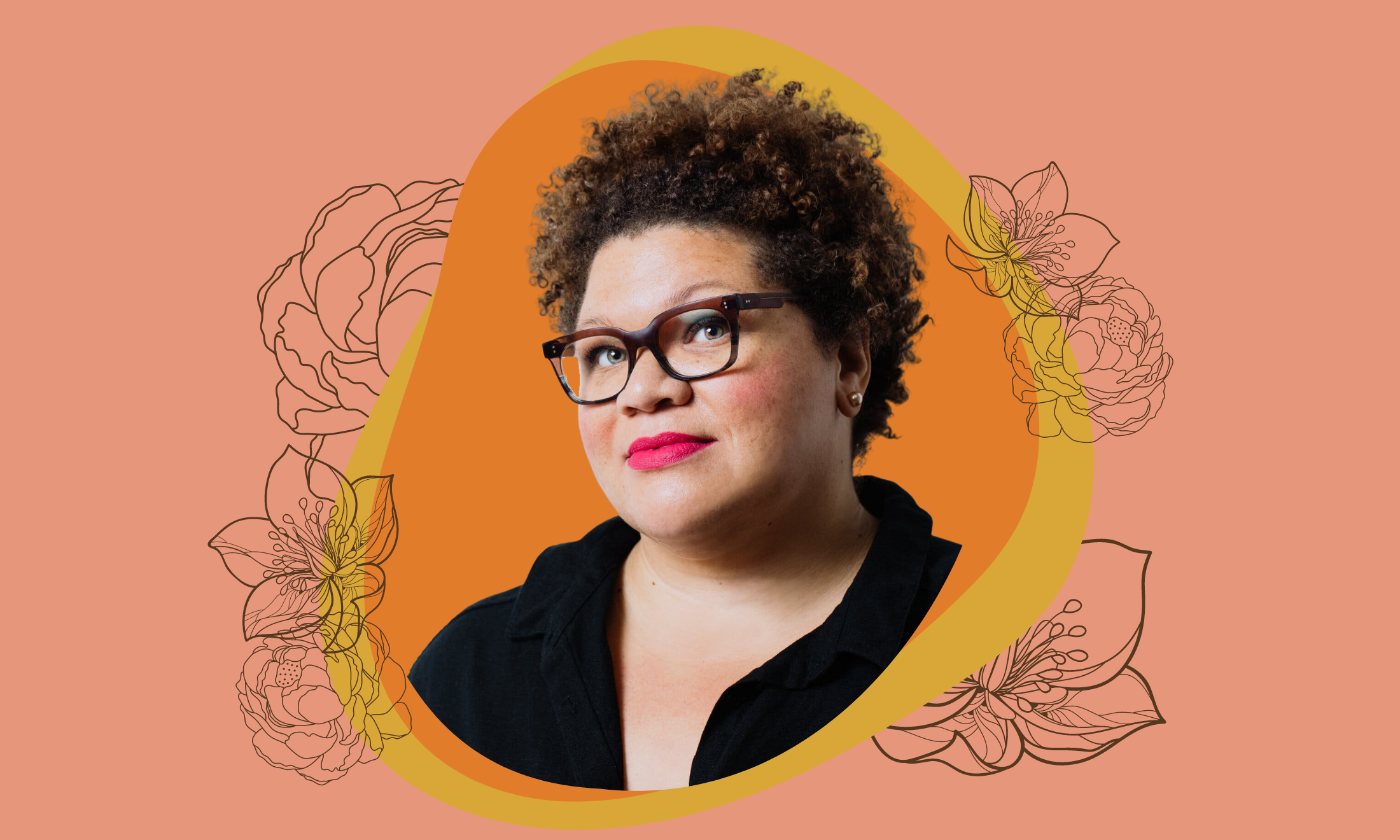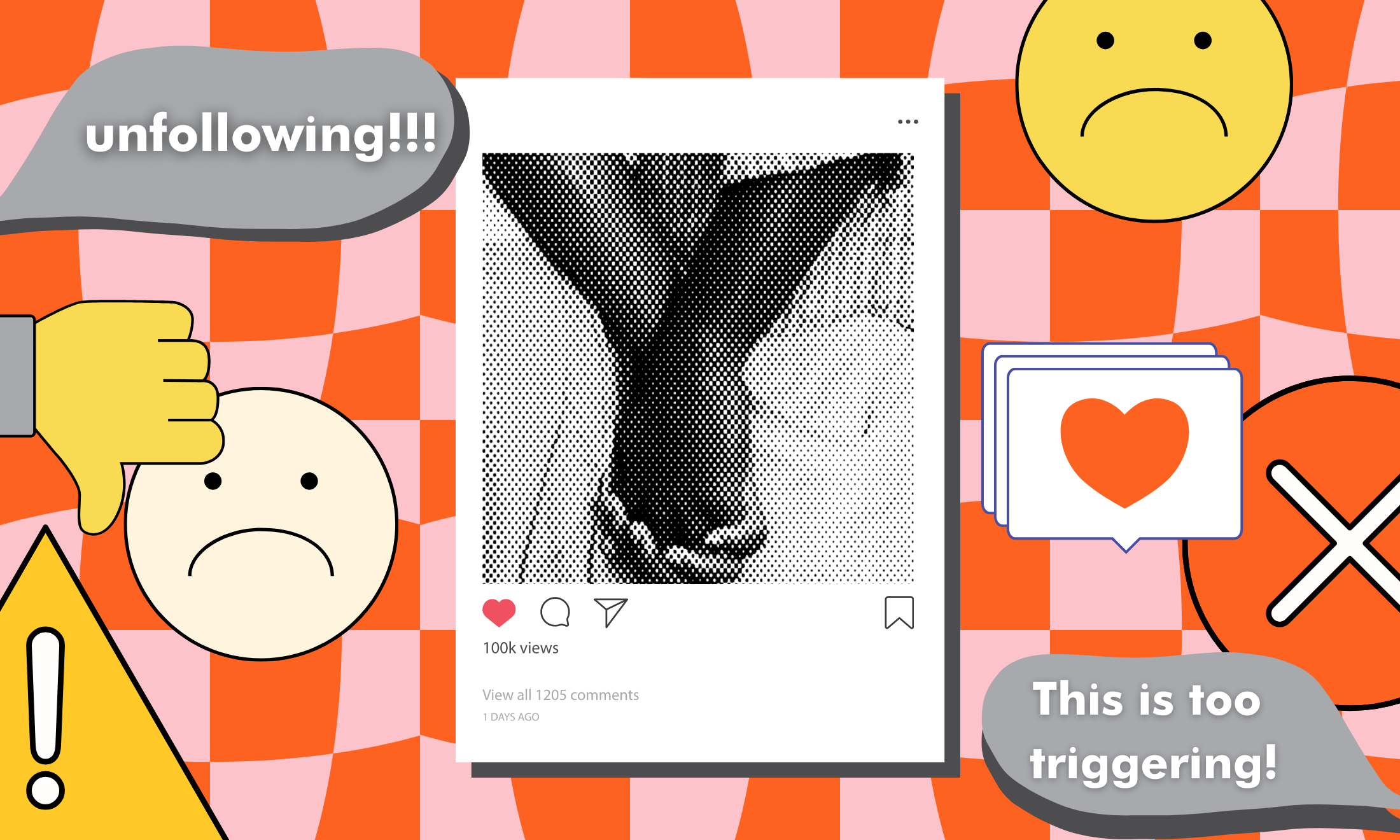
The enemy isn’t Lizzo, it’s toxic diet culture
Writer Stephanie Yeboah explains why the conversation around the singer’s recent detox diet needs nuance.
Stephanie Yeboah
16 Dec 2020
Image credit: YouTube
This week, Lizzo became the centre of a social media storm when she uploaded videos about a 10-day green smoothie detox and weight loss. The before-and-after clips of Lizzo documenting her health and fitness journey were uploaded onto her Instagram and TikTok accounts. Predictably, the announcement of the detox – which the singer claimed she’s doing for health reasons – was met with outrage, particularly within the plus-sized community, who had come to see Lizzo as an inspiration of sorts.
Many felt “betrayed” and “let down” by Lizzo’s decision to broadcast her detox journey, with calls to cancel her. Yet even though Lizzo may have succumbed to diet culture, we need to remember that it’s ultimately her choice to do so. As someone who also exists in a fat, black body, I think it’s important that before we go waving the pitchforks and calling for Lizzo’s downfall, we think about the nuances and hold space for empathy and understanding surrounding her decision. Several contrasting factors can all be true at once.
The main critique of Lizzo’s announcement is found in the peddling of detox juices, which have historically fed into toxic diet culture are often a gateway method into developing eating disorders. Not to mention that there’s little to no scientific evidence that shows juicing and external detoxing is good for health. In the video, Lizzo talks about the 10-day cleanse, claiming it was undertaken for gastrointestinal reasons, however she also displays a weight loss montage, complete with “before” and “after” full-body photos, which suggests that the cleanse was about more than just her health.
As someone who kicked off their previous eating disorder through the juice detoxing route, seeing Lizzo endorse this lifestyle, while tagging nutritionists who also sell diet pills on their Instagram pages, was a little triggering to say the least. I think Lizzo has to recognise that she has young, vulnerable and impressionable fans and that seeing such content could trigger or incite them to also undertake this lifestyle.
But ultimately, Lizzo’s decision over her body is her choice. She exists within different identity intersections that carry little privilege and, not only is she a woman, but she is a fat, black woman navigating an industry that has prized itself on thinness and whiteness as the goal. She has an incredibly huge platform that has been subject to not only trolling, health-shaming, fat-shaming and unsolicited comments from social media, but also by the press and society as a whole.
Regardless of how confident one may be, existing in a world where you’re constantly under pressure to change your body and defend your right to live in said body can absolutely take its toll on mental health, and while this may not be the reason in this specific scenario, it’s important that – in a wider context – that these things have to be considered. Just because she’s watched by the whole world, it doesn’t mean we get to tell her what to do with her body.
“While there’s no harm in looking up to someone who exists in a similar body, there is harm in projecting your personal values and ideologies upon them”
Existing in a fat body can sometimes mean that we become subject to the entitlement of others, whether for or against our bodies, coming from both small and fat people. Lizzo has never claimed to be a body positivity advocate. Her mere existence as a fat, black, confident woman in the public eye has catapulted her into a position met with many responsibilities that she didn’t ask to take on. The way in which Lizzo is able to connect with her fans through her music, her vulnerability, and her endless mantras of self-love means that, naturally, not only will people will start to see themselves in her, but see her as some kind of “saviour” and example of unapologetic fatness, which presents a problem in itself once she begins to act in ways that don’t align with the views of the people. There can be no projections of “betrayal” onto someone who didn’t ask to be the figurehead of an entire movement. With that being said, what can be up for critical debate is the way in which Lizzo chose to show her wellness update.
Regardless of whichever industry we find ourselves in, black women have historically been held to higher standards than anyone else and Lizzo is being held to an impossible one. Upon browsing Twitter, which seemed to be the epicentre of the backlash, I couldn’t help but notice the overwhelming amount of harsh critique and abuse directed towards Lizzo predominantly from white women – specifically slim white women. It was very interesting to witness, considering that the energy wasn’t kept for other celebrities such as Rebel Wilson and Adele – two white women who have also recently lost a dramatic amount of weight.
As black women, we’re generally never afforded the same grace, compassion and space for nuance as our white counterparts, and this speaks to higher issues of white supremacy and the “coddling” of white women who have historically been portrayed as innocent and pure. Being the physical antithesis of this condemns Lizzo as already guilty in the eyes of these women, who have gone on to judge her. It’s imperative to stress the importance and need for body autonomy. Lizzo is a grown woman who has the right to gain or lose weight as she so pleases, for whatever reason, and those choices should never be up for debate or discussion.
Moving forward, it’s important for us to acknowledge that while there’s no harm in looking up to someone who exists in a similar body, there is harm in projecting your personal values and ideologies upon them. It’s important for us to hold space for understanding and empathy when it comes to the pressures placed upon us by society. It’s also important to be aware of the harm you may inflict on others when showing content that uplifts toxic diet culture and fatphobia. If you’re someone who has been affected or triggered by content that reminds you of trauma, it’s also okay to mute, unfollow and curate your social media feeds to only feature content that makes you feel good about yourself.
This conversation is bigger than Lizzo, and it will no doubt arise again when the next fat person of interest comes along. But, in the meantime, let’s focus our efforts in dismantling fatphobia in all its avenues.








